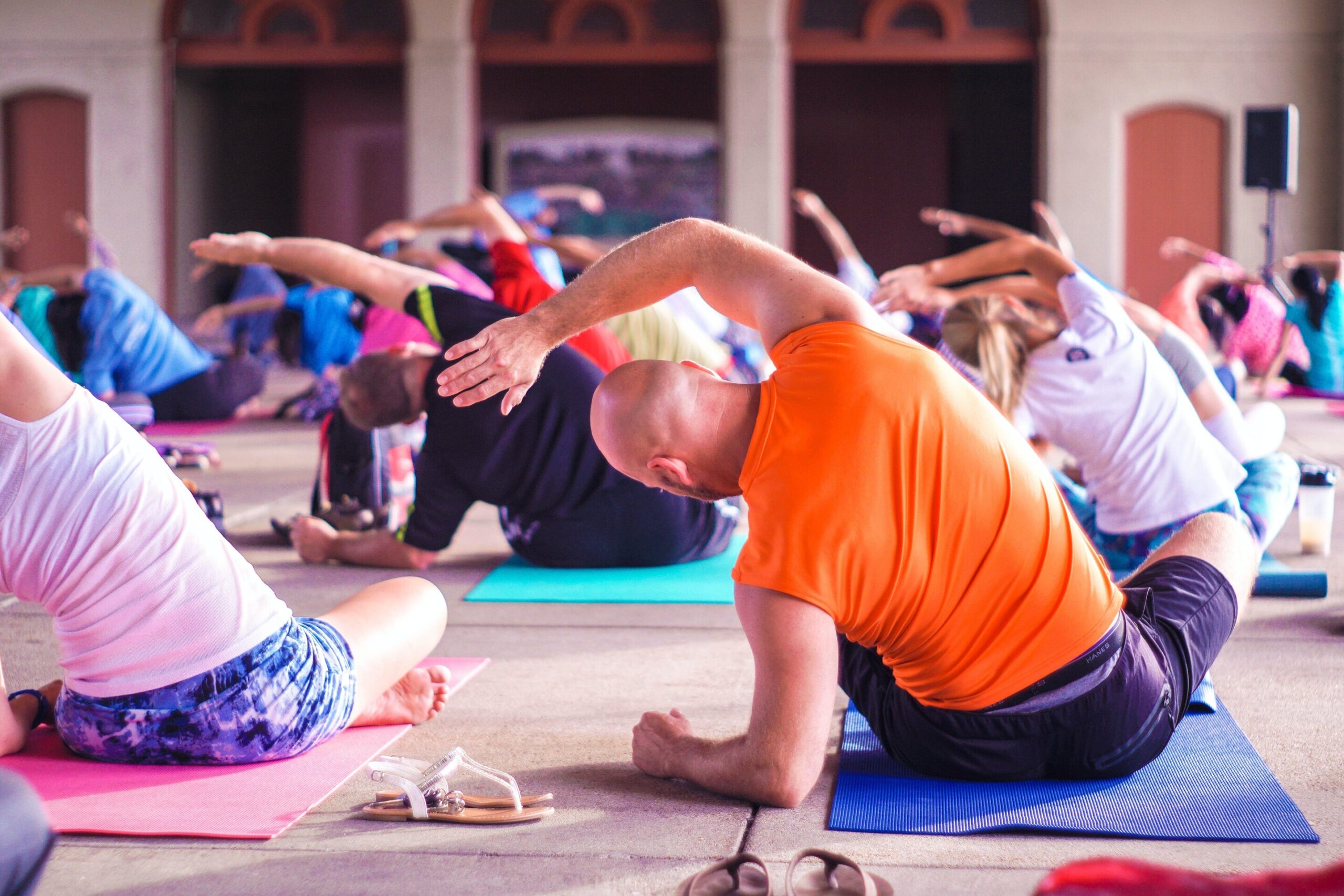Regular exercise can help individuals with diabetes to achieve their blood glucose goals. They can effectively take care of their overall fitness and composition of their bodies. It will eventually reduce the risk of strokes and heart attacks, which is seen to have been higher in people with type 1 diabetes.
Previous research on exercise barriers in type 1 diabetes (T1D) has often been limited by small sample sizes.
To address this issue, researchers from the University of Dundee undertook a thorough evaluation of factors influencing physical activity in adults with T1D, including their knowledge and the barriers they face.
Study Finds Fear of Low Blood Sugar A Key Barrier to Exercise In Adults With Type 1 Diabetes
Those who participated in the above reserach activity were simply hired mainly from various social media channels along with NHS Research Network, Scotland.
A total of 463 adults, consisting of 221 men and 242 women, completed an anonymous online survey to evaluate obstacles to physical activity.
Participants rated the likelihood that 13 specific factors would prevent them from engaging in regular physical activity over the next six months using a 7-point Likert scale (1 being extremely unlikely, 7 being extremely likely). Factors included fear of losing control over diabetes, risk of hypoglycemia, fear of fatigue or injury, low fitness levels, and lack of social support.
Researchers analyzed the average scores for each factor to determine which were most strongly linked to perceived barriers to physical activity and identified independent predictors.
Respondents had a median age of 45–54 years, with a median disease duration of 21–25 years. Their median HbA1c levels were 50–55 mmol/mol, compared to the ideal level of 48 mmol/mol or lower.
As per the research conducted, over 79% participants confirmed of using some kind of glucose monitoring devices. Apart from the above, up to 64% confirmed of managing their diabetes by using insulin doseages. Lastly, up to 36% stated to have used a therapy called insulin pump therapy.
Dr. Farrell noted, “To tackle the barriers to physical activity and help our patients exercise safely and effectively, it’s crucial to enhance our educational efforts and improve how we discuss exercise in clinical environments.”
Also Read: As Monkeypox Cases Surge, One In Five Americans Fear Getting Monkeypox
Citation:
Fear of hypoglycemia remains a major barrier to exercise among adults with type 1 diabetes, research shows (2024, September 12)
retrieved 13 September 2024
from https://medicalxpress.com/news/2024-09-hypoglycemia-major-barrier-adults-diabetes.html
